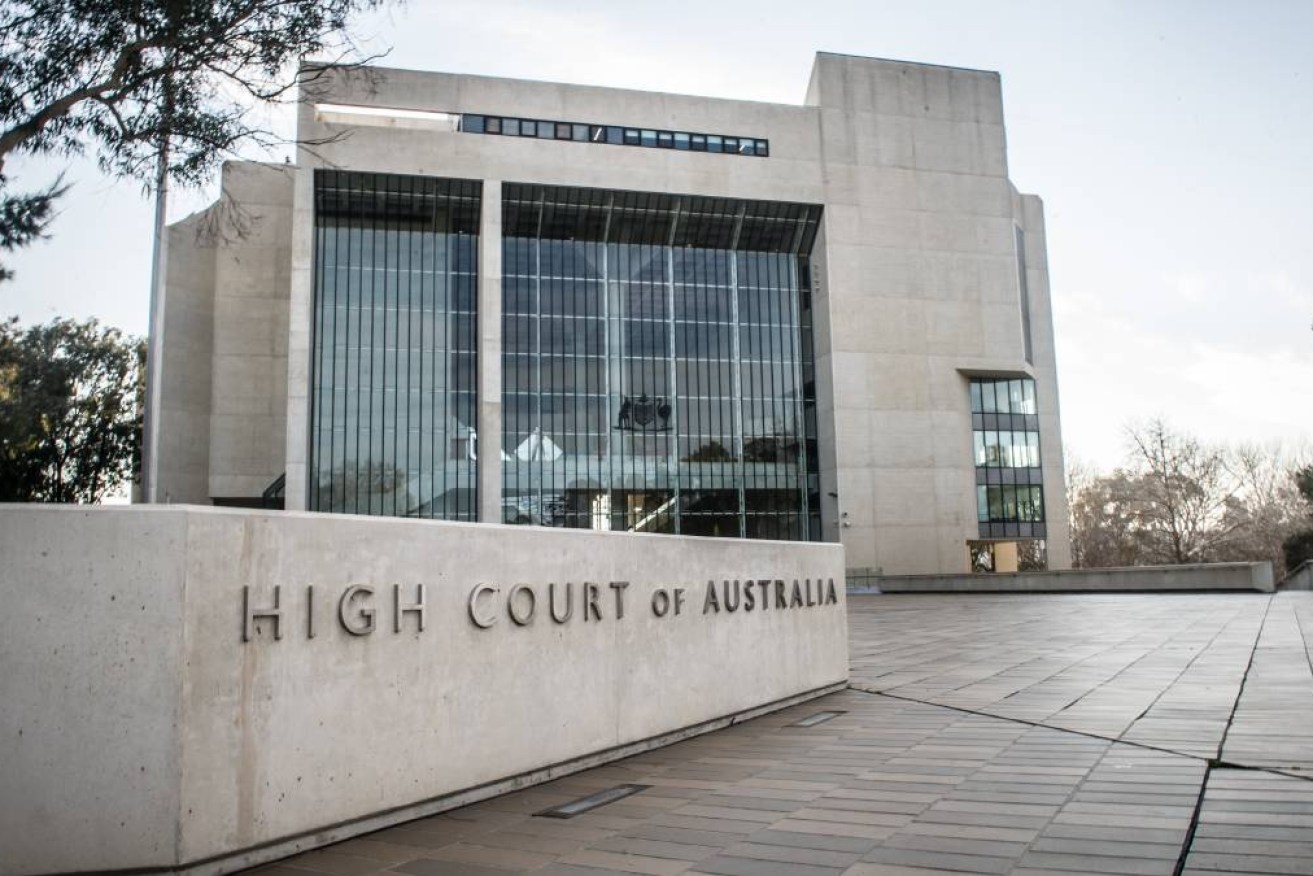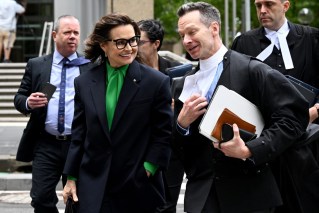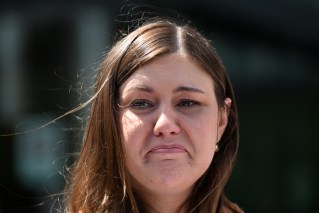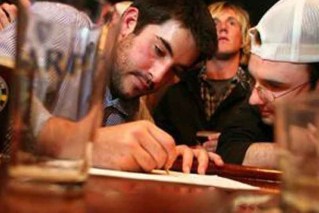We are young and free, but court says states can still make their own rules
COVID-19 has placed considerable stress on Australia, its institutions and the freedom of its people, and those factors will likely play out in our courts for some time yet, writes Lionel Hogg

Australias High Court (Photo CEFA.org;au)
Life could have been kinder to John Benson.
Benson was born and raised in Victoria. His Christmas present in 1910 was a conviction for the offence of “having insufficient lawful means of support”, resulting in the rather disproportionate sentence of 12 months’ imprisonment. Benson served his sentence and then headed for Sydney to look for work and start a new life.
Benson found a place to live in Sydney, but unfortunately not where he expected. Shortly after arriving, he was charged and convicted under the New South Wales Influx of Criminals Prevention Act, which made it an offence to enter the state within three years of having been convicted of an offence elsewhere that carried a sentence of a year or more. The magistrate, Mr Smithers, jailed Benson for a further 12 months.
Benson challenged his conviction in the High Court. The court, led by our first Chief Justice Sir Samuel Griffith, had more compassion than the magistrate and finally gave Benson a break. The court found that the pre-Federation power of the states to exclude “undesirable” inhabitants was cut down to some extent by the mere fact of Federation. Any laws restricting movement must be necessary to promote public safety, order or morals.

The court’s empathy towards Benson was not embraced by the popular press of the day. The art of the good headline is not a modern phenomenon and several newspapers reported the decision under the banner “Free Trade in Criminals”.
The plight of Benson has, from time to time, arisen incidentally in the courts over the last century, although mainly in free speech and free trade cases. Last week, it assumed importance on its own facts when the court gave reasons for upholding Victoria’s lockdown restrictions on the free movement of individuals, dismissing a challenge by a Melbourne restaurant owner aggrieved by having to close his business.
The court decided unanimously that no freestanding guarantee of freedom to move wherever one wishes, for whatever reason, is implicit in the Constitution on any of the grounds contended for by the restauranteur. He had argued that free movement was implied by the text and structure of the constitution, the system of representative government, and under section 92 (“trade, commerce, and intercourse among the states … shall be absolutely free”).
The closest precedent that the restaurant owner could muster in support of free movement was John Benson’s case. This was given short shrift by the court on the basis that the judges in that case were addressing something else, the affairs of Federation. Although this argument probably fails to engage fully with what Sir Samuel Griffith actually said, the conclusion is undoubtedly correct. Even Griffith acknowledged that there was a proper role for the states to legislate for public safety.
COVID has placed our people, and our country and its institutions, under incredible stresses. The responses of governments will continue to be contested for some time as we learn how to calibrate the exercise of public power with the freedoms we cherish. And, undoubtedly, there will be more constitutional challenges to provide future guidance for governments.
For now, the High Court has maintained a consistent line that there is no vibe to the Australian Constitution, just a “text and structure” that allocates powers. In that environment, state governments exercising powers in good faith will likely win more challenges than they lose.
One footnote to last week’s decision is sure to encourage the lawyers to revisit their playbooks. The court failed to resist the temptation, wholly unnecessary to decide the case, to look at the Constitutional Convention debates to examine a meaning of section 92 rejected by the framers of the Constitution.
This indulgence may have the effect of triggering a plethora of future arguments unpacking years of pre-Federation debates and welcoming the North American “originalism” wars to our shores.
The records do not disclose if John Benson’s victory was pyrrhic. His case took a year for the High Court to resolve and I would wager that this period was probably spent at His Majesty’s pleasure.
And, unfortunately, his experience with the justice system was only beginning. Over the following decade, he exercised his newly discovered freedom of movement only to be incarcerated for petty crimes in various institutions across three states under at least six aliases. At least that would have provided him with a lawful means of support.
Lionel Hogg is a senior partner at Gadens Lawyers. He writes occasionally for InQueensland on landmark legal matters.












